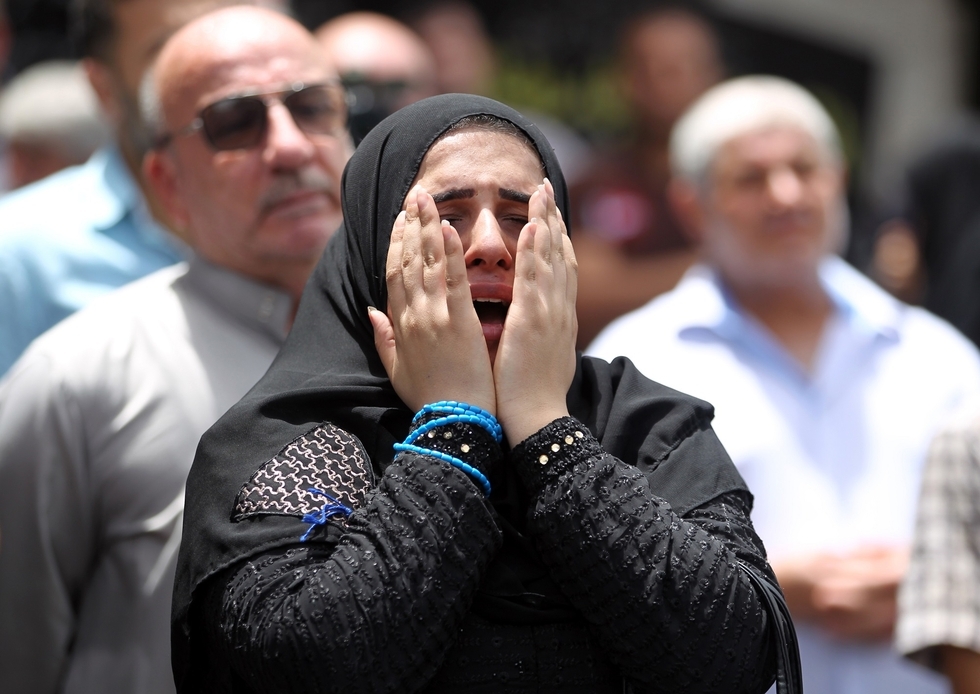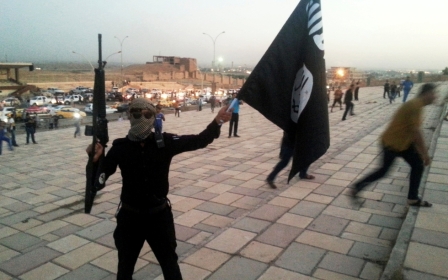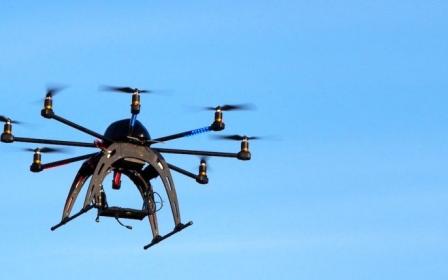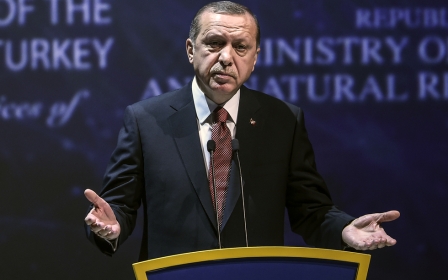Baghdad bomb targeting Shia kills at least 34 people: Officials

A suicide bomber attacked a Shia-majority area of north Baghdad on Saturday, killing at least 30 people and wounding more than 50, security and medical officials said.
The bomber struck in the Shaab area of the Iraqi capital, targeting either a funeral tent or one at which Shia Muslims distribute food and drinks on the occasion of the annual religious commemorations, officials said.
Islamic State has claimed responsibilty for the attack, the deadliest to hit Baghdad in three months.
IS has claimed several recent bombings targeting Shia in the Iraqi capital, including one on 9 October that killed at least five people, and two more earlier in the month that left at least 10 dead.
Although IS is heavily weakened in Ira, it has carried out some of its most lethal attacks in recent months.
An attack in the Karrada district of Baghdad in July claimed over 300 lives, making it the deadliest attack carried out in the country since the US-led invasion of Iraq in 2003.
Two more IS-claimed bombings killed at least 17 people in Baghdad at the end of September.
Iraqi forces are preparing for a push in northern Iraq on Mosul, the last IS-held city in the country, after regaining much of the Iraqi territory the militants seized in June 2014.
But IS has maintained the ability to carry out attacks in government-controlled areas, and analysts have argue that it is likely to turn increasingly to such tactics as it loses further ground.
"Some of the calmest times in Baghdad in the last decade and more came after the Islamic State swept across northern Iraq in 2014 and seized Mosul and, seemingly, focused on its brutal state-building project rather than guerrilla terrorism," pointed out Tim Arango, writing in the New York Times
New MEE newsletter: Jerusalem Dispatch
Sign up to get the latest insights and analysis on Israel-Palestine, alongside Turkey Unpacked and other MEE newsletters
Middle East Eye delivers independent and unrivalled coverage and analysis of the Middle East, North Africa and beyond. To learn more about republishing this content and the associated fees, please fill out this form. More about MEE can be found here.




